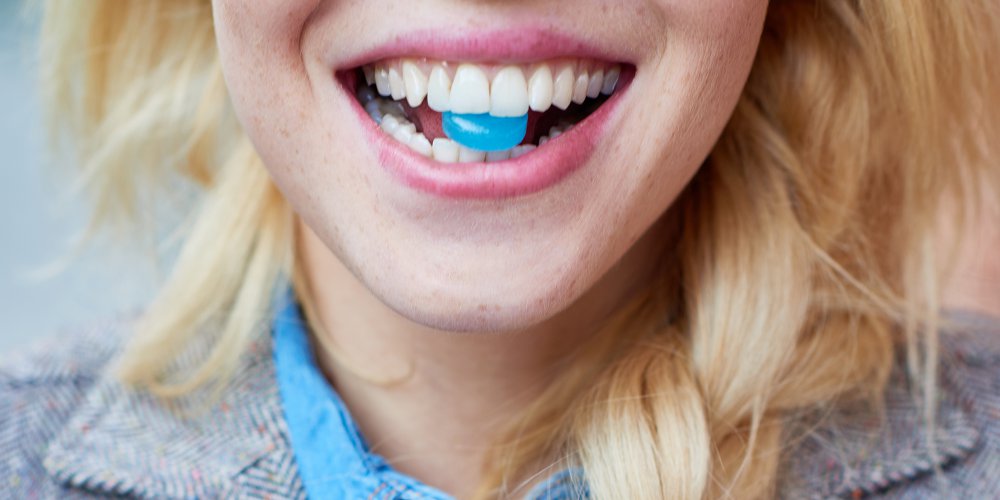Cough is a defense reflex that has some utility. It can clear the airways congested by an intruder (an allergen, a virus or bacteria) projected outside at more than 100 km / h.
When the cough is very loud and does not bring back any slime, it is called dry cough . This can be caused by a mucus leak in the back of the throat after allergic sinusitis, rhinitis or laryngitis .
Conversely, when the cough is not very noisy but producing mucus, it is called fat cough . Often linked to an infection, it can be accompanied by a burning sensation in the chest. These two distinct coughs do not stop in the same way.
What remedies for dry cough?
To counteract a dry cough, it is necessary to neutralize the inflammation which maintains the reflex of cough. Anti-coughing tablets or syrups are welcome: they act on the nerve center of cough control located in the medulla oblongata.
But beware: these drugs contain codeine or opiate derivatives that cause drowsiness, sometimes dizziness, digestive disorders or nausea. They should not be used in case of respiratory failure or coughing fits related to asthma. Never more than 4 days in a row without medical advice
Specialties based on pholcodine - a derivative of morphine - are no longer sold over the counter. They can only be obtained on prescription because they are suspected of causing severe allergic reactions in case of subsequent anesthesia. The essential oil (HE) of cypress is a good alternative. "Two drops of cypress HE in a spoon of honey 3 times a day," according to pharmacist Danièle Festy, author of "My Bible of essential oils" (Ed Leducs).
What remedies for oily cough?
In contrast to dry cough, cough - or productive cough - should not be thwarted. On the contrary, it is necessary to promote expectoration, that is to say the elimination of mucus. Otherwise secretions can accumulate in the bronchi and lungs, and become infected.
Fluidify them with the help of expectorants that liquefy the mucus and thus facilitate the decluttering of the respiratory tree. Thyme infusions are also effective: pour one cup of leaves into 250 ml of boiling water, then leave to marinate for 10 minutes. Filter before drinking, at least drink 3 times a day.
In case of prolonged severe cough (beyond 3 or 4 days) it is better to be examined by a doctor: it may be a sign of an underlying pathology (pulmonary edema, pneumonia ...). Also, check if the mucus appears to be purulent or if the cough is accompanied by blood or vomiting.


